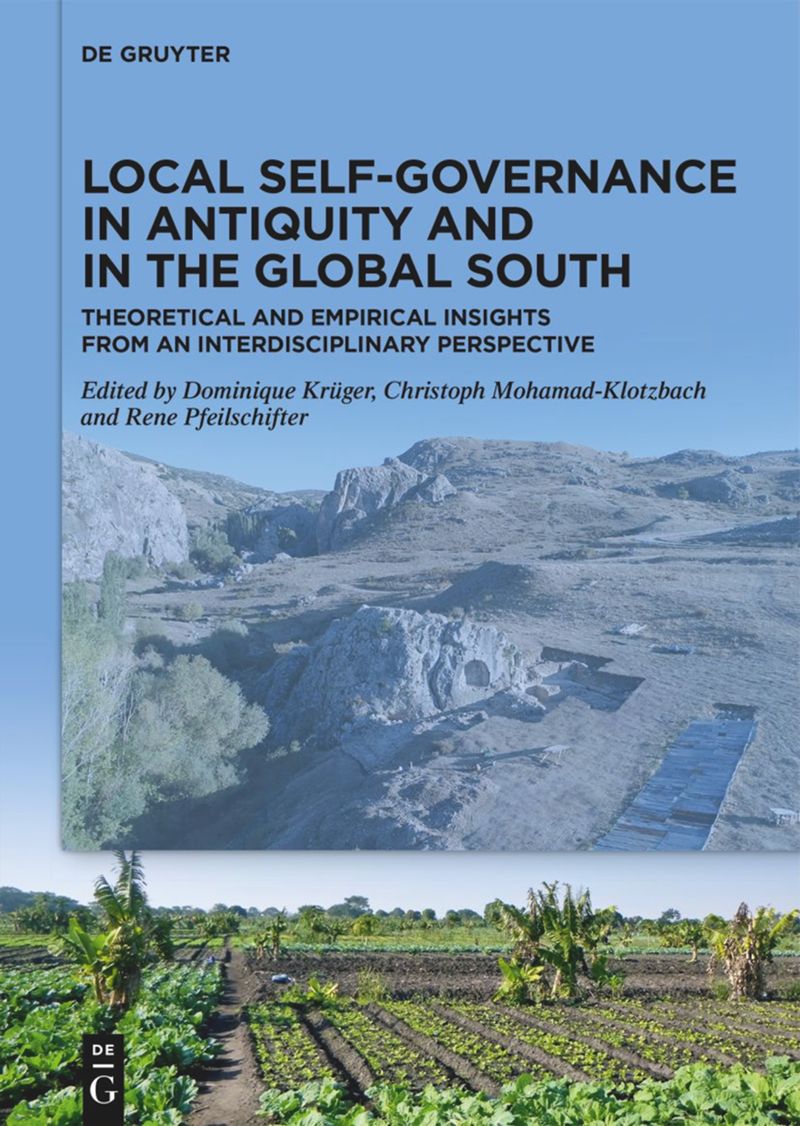Rogers Hansine • This paper discusses how street vendors in the city of Maputo have countervailed the municipal strategies and policies for pushing back their presence in public spaces and, in doing so, reclaimed public urban spaces. Based on ethnographic research carried out between 2015 and 2019 in the city of Maputo, four strategies have been identified: 1) adjustment of time-space routine; 2) spatial proximity; 3) compartmentalization of the merchandise and/or services; 4) symbiotic interaction. These strategies are not mutually exclusive, and they are deployed by street vendors to resist harassment and violence, and reclaim urban public spaces in the city of Maputo. Street vendors deploy these strategies consciously in opposition to the negative political discourse about them as promoters of urban disorder. In doing so, urban street vending can be said to be a performative expression of an urban counterculture. This paper shed light on the nuances of street vending performance as an example of how grassroots actors can shape civic conduct in the urban space.
BOOK
Local Self-Governance in Antiquity and in the Global South
January 11, 2023
CITATION
Hansine, R. (2023). A Cat-and-Mouse Game: Urban Street Vending in Maputo, Mozambique. In D. Krüger, C. Mohamad-Klotzbach and R. Pfeilschifter (Eds.), Local Self-Governance in Antiquity and in the Global South (Berlin/Boston: Walter de Gruyter GmbH), pp. 397-415.

Featured City
Maputo, Mozambique
Featured Country
Mozambique
